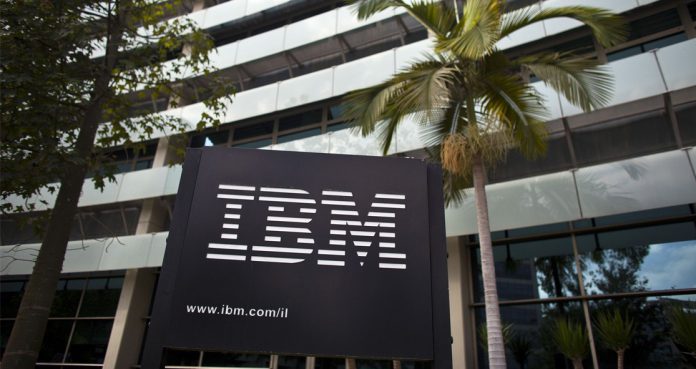IBM, a multinational information technology company, has revealed a new artificial intelligence (AI) system that could predict potentially dangerous drug-to-drug interactions (DDIs).
Researchers from the MIT-IBM Watson AI Lab, Georgia Institute of Technology, Harvard School of Public Health, and IQVIA have developed a new AI model known as “CASTER” that they claim can accurately predict potentially unsafe adverse drug interactions, including those that are in their early development phase.
CASTER stands for Chemical Substructure Representation.
The researchers presented their findings at the AAAI-20 Conference that is taking place throughout this week in New York City.
Director of the MIT-IBM Watson AI Lab, David Cox, said, “Think of [CASTER] as an AI copilot that helps flag potential drug interactions doctors need to be careful of.”
“The potential problem when you have great therapies is they’ll interact in ways you don’t expect. You can have an adverse reaction that could be dangerous,” he added. “This is made especially difficult because new drugs are constantly coming into the market.”
In the United States, more than one million people are hospitalized every year from adverse drug interactions or reactions.
IBM said, “Unlike current methods to check drug-to-drug interactions, this new AI tool develops a specialized drug representation to predict the likelihood of adverse reactions between drugs based on their frequent chemical substructures.”
“There are databases of known drug interactions and the system is trained on what they are and then is asked to predict others,” Cox said.
“The hope is as new drugs become available you can put [them] in the system,” he continued. “The CASTER tool provides an early heads up of what might be a problem.”
IBM explained that CASTER was shown to achieve higher accuracy than previous methods in predicting drug-to-drug interactions.
The researchers tested the new AI model on two common drug databases – DrugBank and BioSNAP. They found that it performed better than the existing AI systems, according to IBM.
They examined the predictions based on the new AI model between the known interaction between sildenafil (Viagra), a blockbuster erectile dysfunction drug, and nitrates. It is known that sildenafil and nitrates interact adversely and reduce blood pressure to potentially dangerous levels.
IBM said, “Unlike previous methods, which take into account only a few substructures of a drug’s molecular structure, the predictive analysis capabilities in CASTER focus on what’s important and ignores what’s not.”
The researchers were motivated to “devise a specialized representation that automatically allows the predictive learning to focus only on the most relevant functional substructures, which are more likely to be responsible for the interaction,” according to IBM.





















